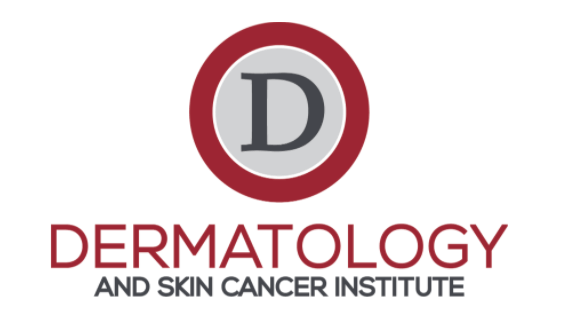What you need to know about seborrheic dermatitis

One of those rashes that we see more often this time of year is called seborrheic dermatitis. You may already be familiar with this rash but know it as something different as in infants is it commonly called cradle cap. In infants it is temporary and will usually go away on its own in a few months as the child approaches the age of one. We see this condition in patients of all ages and when it appears in adulthood it commonly likes to come and go for the rest of the person’s life.
The condition presents as a red rash usually with greasy scale that can be yellow or white in color. The red skin can also appear swollen and the person may complain that the affected areas itch or burn.
It is caused by inflammation of the oil glands and possibly the interaction of the yeast that normally lives on our skin. Other things that influence a person to have seborrheic dermatitis is our genes, living in a cold and dry climate, stress and even a person’s overall general health.
Certain areas of the skin are commonly affected – areas that have a greater number and concentration of oil glands – like the scalp and hairline, the eyebrows, around the nose, ears, eyelids, and in the hair bearing areas like on men the mustache, beard and/or central chest, or the underarms or genital areas on both men and women.
Treatment is available but does not cure the condition but manages it. Topical medications are often used to loosen and remove the scale, prevent a skin infection, and reduce the swelling along with the itch or burn that the person may experience. Over the counter mediated shampoos as well as prescription shampoos can also provide benefit. Always follow the providers instructions on use of therapy as some medications can cause certain side effects of used longer than the patient is instructed.
We are happy to help you with this common skin condition; appointments are available with any of the providers at our Fort Washington, PA and Lansdale, PA offices of Dermatology and Skin Cancer Institute.
